Compared to Windows and macOS, Linux might not be a popular operating system, but it’s still used by many worldwide. So, if it’s Ubuntu or any other Linux distribution you’re using, multiple apps can be installed to help boost your everyday computing experience. Many of these apps are open-source alternatives to ones popular on Windows, like LibreOffice in place of Microsoft Office and GIMP in place of Adobe Photoshop. But no matter what you need, this selection includes the best Windows App alternatives on Linux.
1 LibreOffice
To replace Microsoft Office
LibreOffice tops the list. It comes pre-installed on many popular Linux distributions, and for good reason. Since the modern version of Microsoft Office does not work on Linux (older versions work through Wine), LibreOffice is a good replacement. It’s open-source and free, and you can use it to open and edit the same documents that Office uses, like .docx, .ppt, and more. This is a series of desktop applications, too, so you don’t have to worry about going through the web like you would with Microsoft 365. This includes Write (Word alternative), Impress (PowerPoint alternative), and Math (Excel alternative). There’s even a Draw application that functions like Paint.
2 GIMP
To replace Adobe Photoshop
If you’re a graphic designer or a creative person who likes playing around with photos, it might be upsetting to learn that there’s no Linux version of Photoshop. Of course, you can use it through the web, but the experience isn’t the same. That’s why we suggest GIMP as an alternative app. This is an open-source image editing application. It has many of the same features as Photoshop, but it’s known to be less resource-intensive, too.
3 KdenLive
A solid video editor on Linux
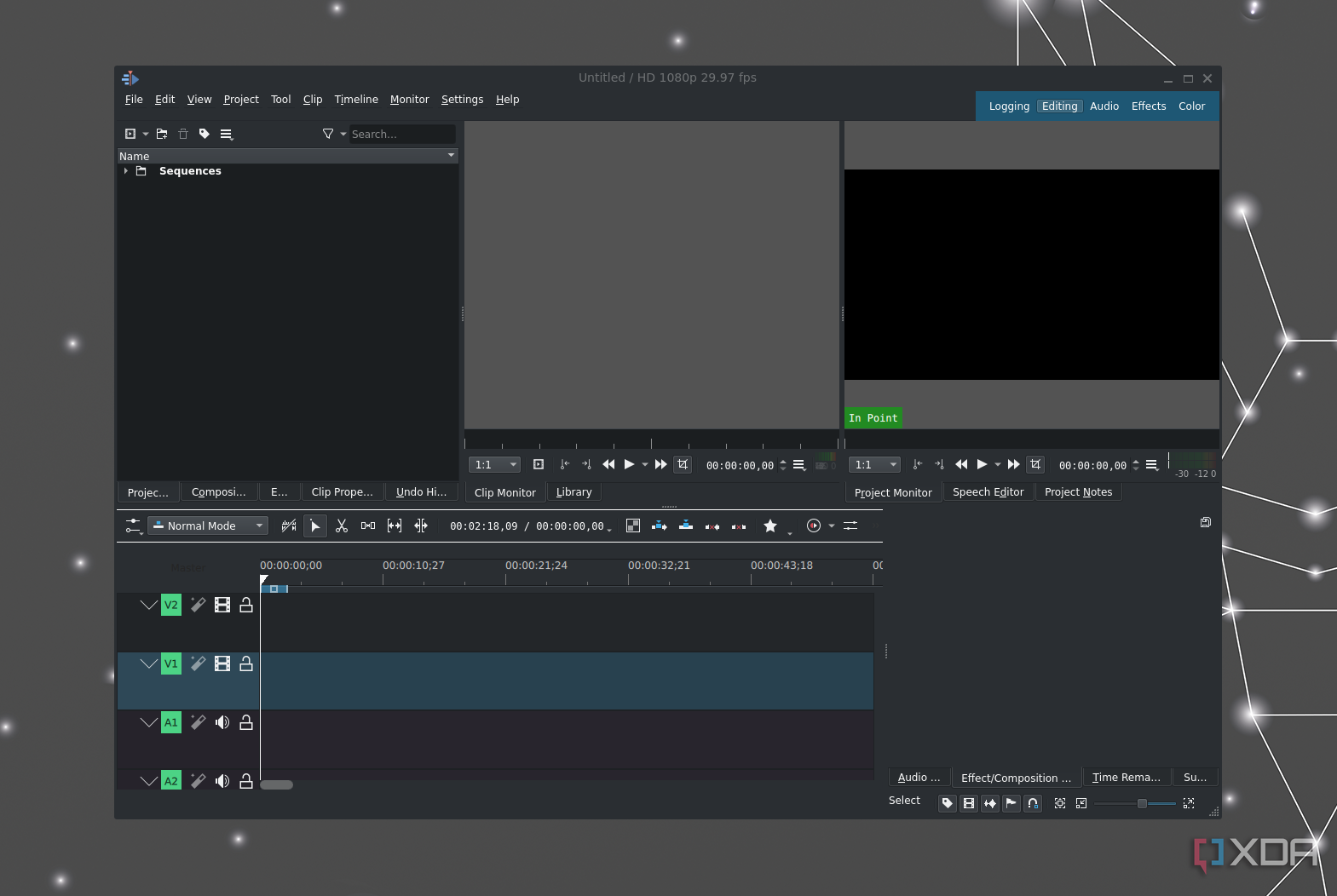
For quick video editing on Windows and macOS, you’re probably familiar with apps like iMovie, Clipchamp, and even the built-in video editor in the Microsoft Photos app. You won’t find any of that on Linux, but KdenLive is an app you will find. It’s a free video editor with a ton of professional features. You can aff effects, transitions, and titles and enjoy color scopes and a multi-track interface. It’s feature-packed and can help you easily complete your video editing workflows.
To replace the Windows Media Player
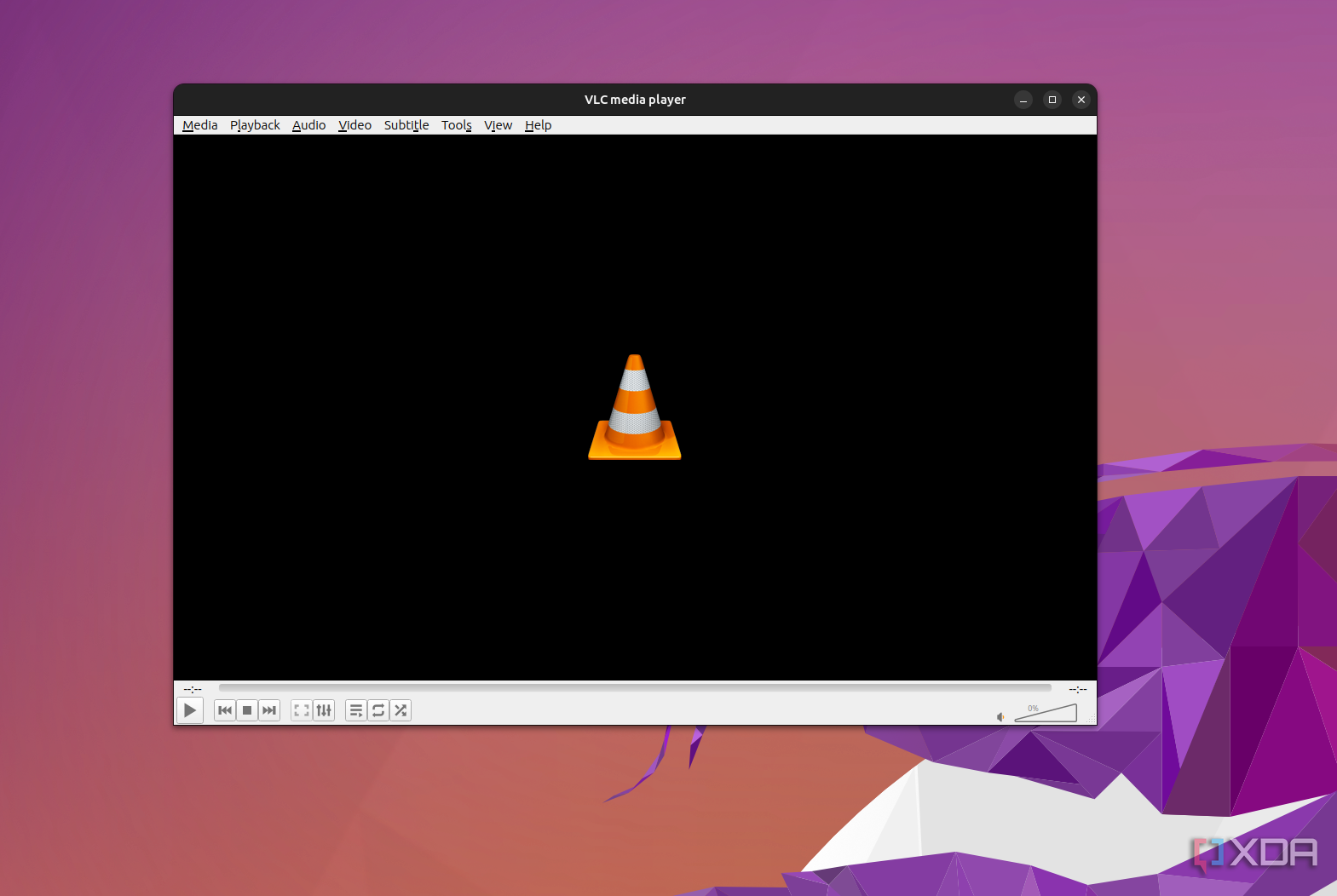
One of the coolest things about Windows is that it’s compatible with opening a ton of audio and video files. This is usually done through the Windows Media Player app. That’s why you should turn to VLC Media Player as an alternative. Another open-source app, VLC Media Player works with all the same video and audio formats as the native Windows Media Player. I use it all the time when I listen to music on CDs.
5 Krita
To replace Microsoft Paint
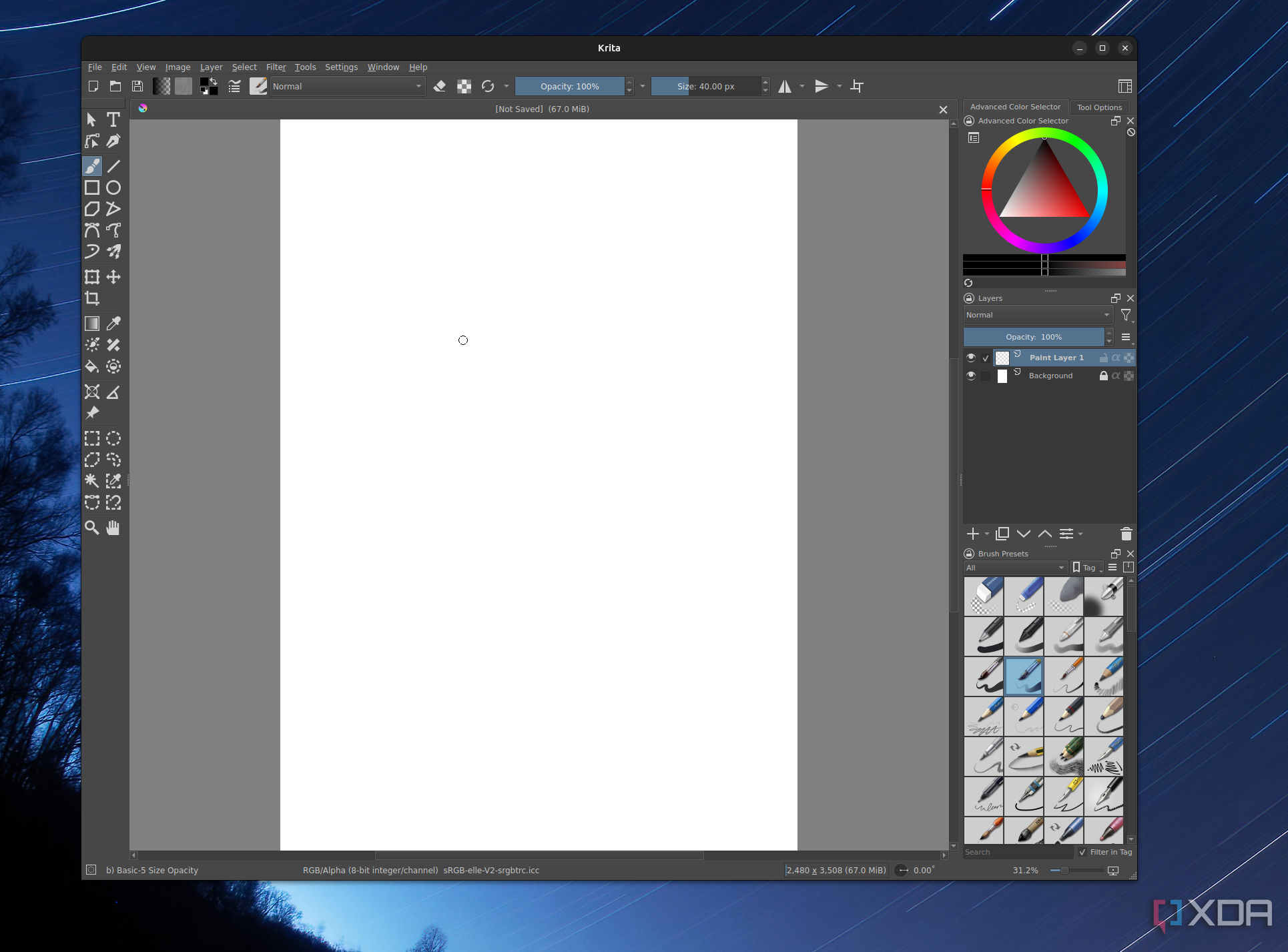
Windows has the built-in Microsoft Paint app. With it, you can quickly edit photos and annotate them too. You should consider Krita if you need an alternative to Linux. Though it’s a bit more advanced than Microsoft Paint, this app has a ton of brushes and tools that can bring out your inner artist. It’s great for sketching, too, and it supports a ton of color spaces.
6 EverSticky
Replacing the Sticky Notes app
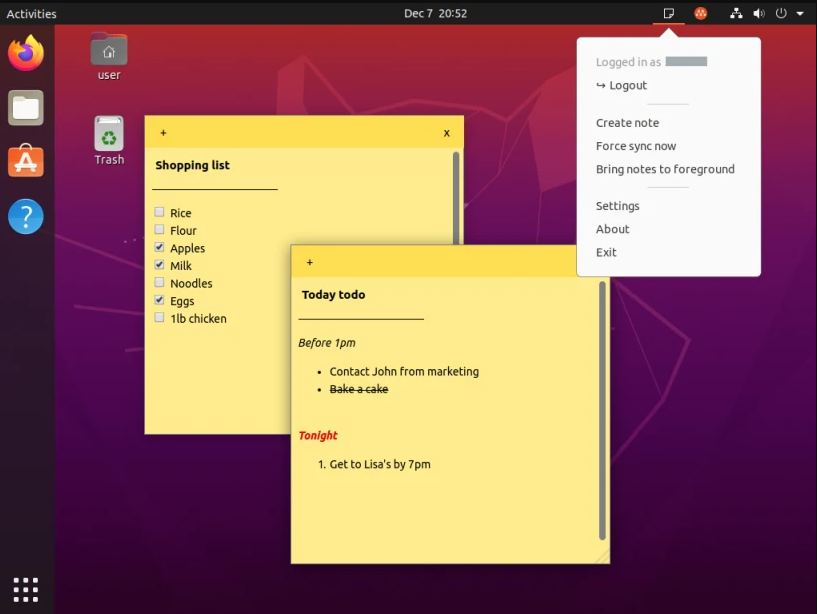
Source: Snapstore
One thing I always find myself doing on Windows is opening Sticky Notes to jot down important information during meetings. Unfortunately, there’s no native Sticky Note app in most Linux distributions, which is why I opt to install EverSticky. This app allows you to save sticky notes on top of your work. You can also sync up your notes with Evernote to get them across devices. You’ll even enjoy rich text formatting with this app.
7 Gedit
To replace Notepad
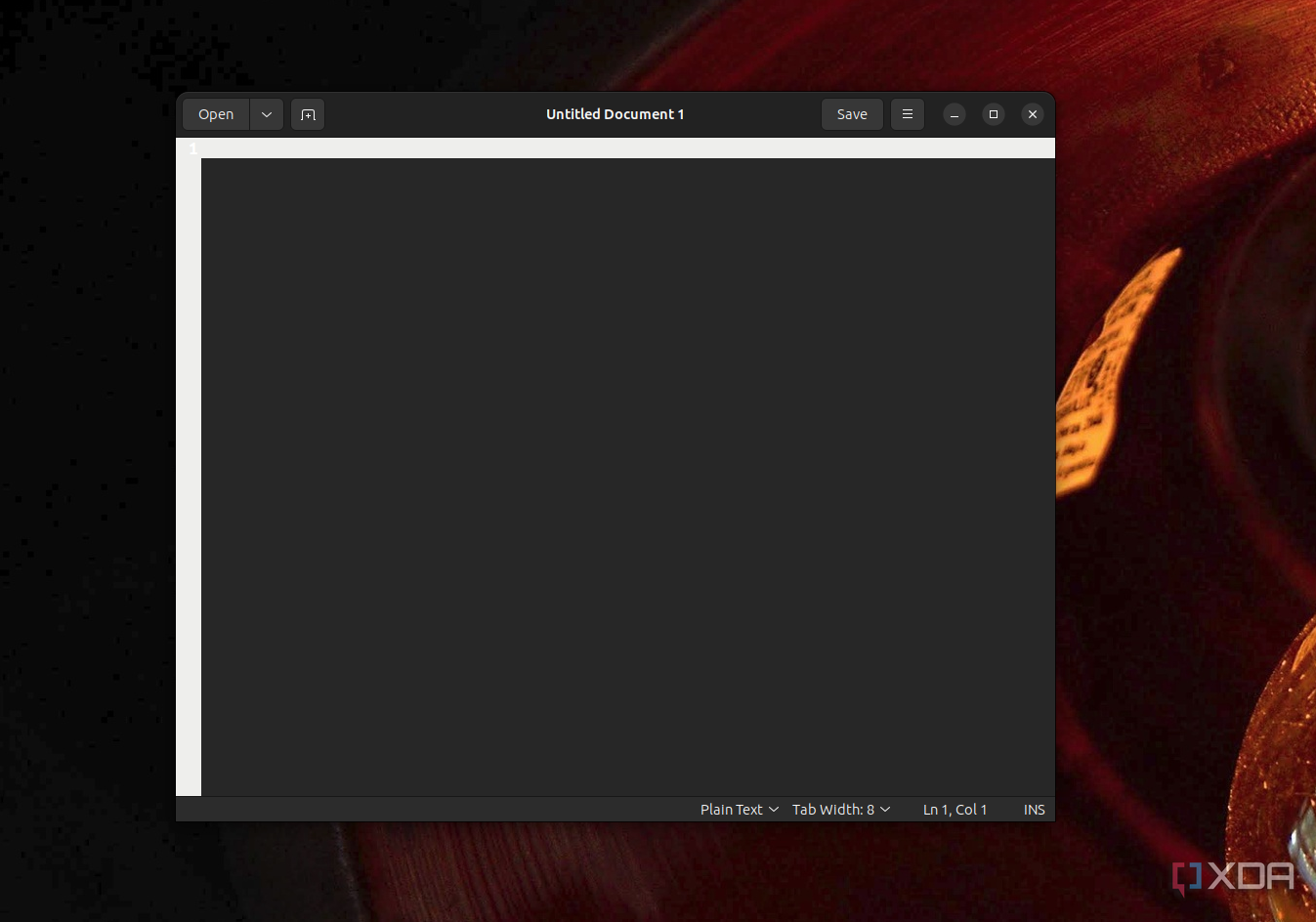
Speaking of notes, if you prefer using a traditional notepad application on Linux, you should download gedit. It’s a lot like Microsoft Notepad. It has all the same features as Microsoft’s app and is quite popular with programmers since it has a syntax highlight option. You can even use plugins with the app to speed up your workflows. It’s free and easy to use!
8 7-Zip
As an alternative to Winzip and WinRAR

If you’re dealing with zipped files or any file that needs to be extracted in Linux, 7-Zip is an app to download. It’s pretty similar to Winzip and WinRAR on Windows since it does the same task with an easy-to-understand graphical user interface. With this app, you’ll be able to extract important files in no time.
9 Okular
A solid Adobe Reader alternative
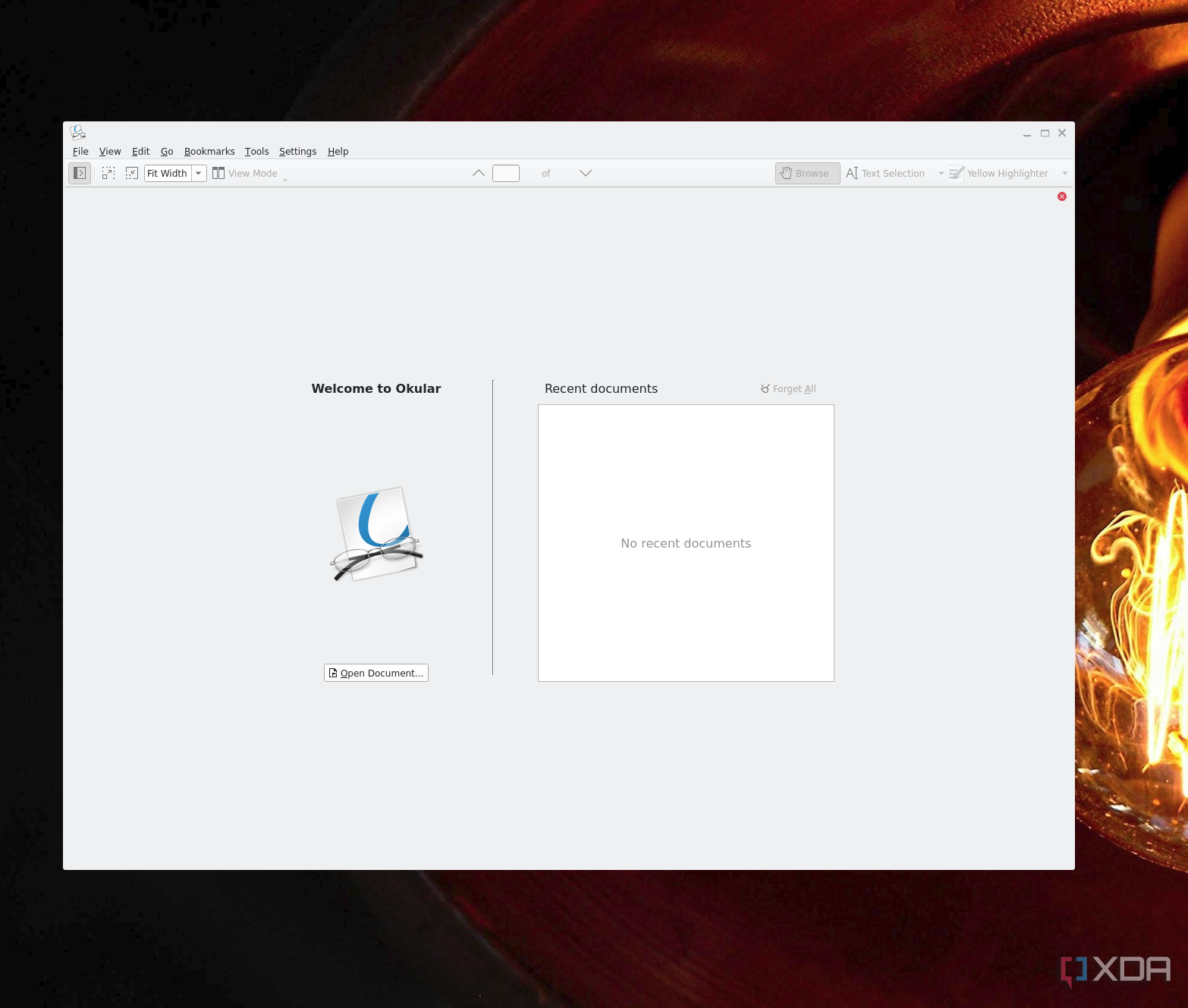
You’ll undoubtedly come across a PDF file when you’re using your Linux system. Most times your web browser, like Microsoft Edge, will handle simple PDFs just fine. However, you’ll need an Adobe Reader alternative if you need to open ePUB, DVI, CPS, or ODT files. That’s exactly what Okular can do for you, without any limits and without hurting your wallet.
10 GParted
To manage disk partitions
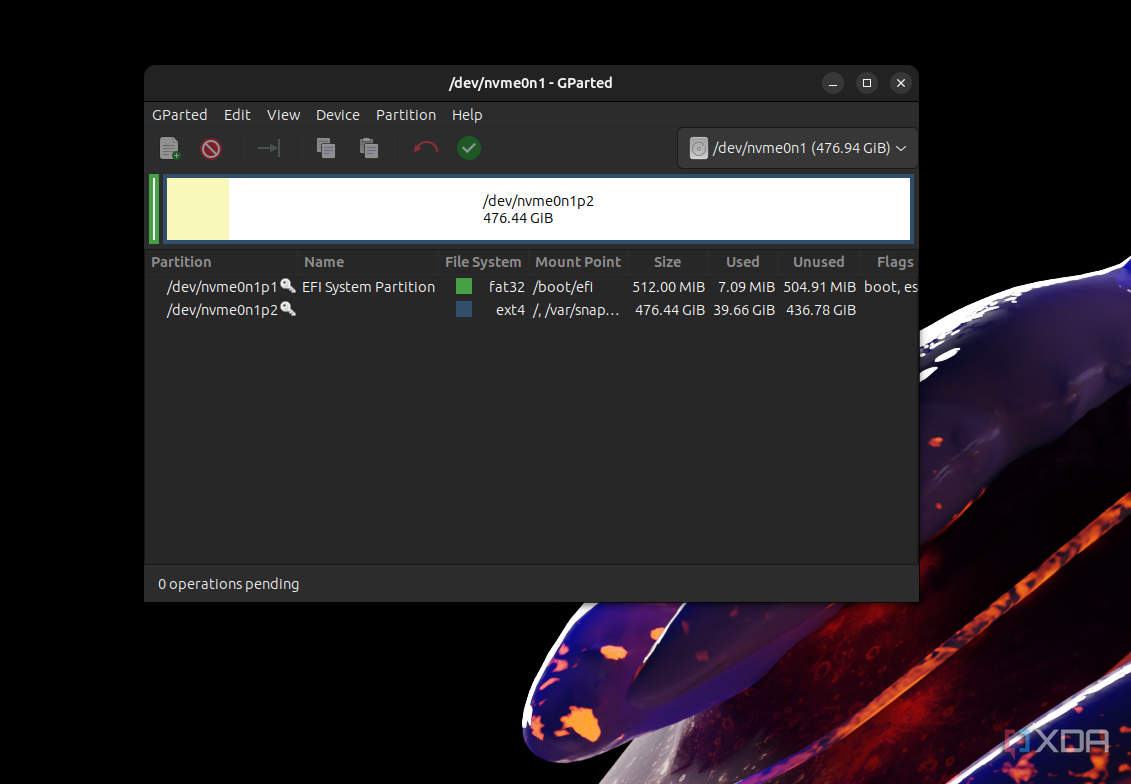
When you need to manage disk partitions on Windows, you’ll probably turn to the built-in DiskPart tool. If you need a Linux alternative, check out GParted. It’s a great way to create new disk partitions and manage existing ones. It’s safe to use and has safety mechanisms to ensure you don’t lose data. It also offers a bootable image should you want to edit system drives.
11 There’s even more
Though these are the top 10 Linux app alternatives, you can still enjoy more options. Transmission, (uTorrent alternative), Mozilla Thunderbird (Outlook alternative), and Brasero (burns CDs and DVDs, and ISO files) are just a few examples. Whatever your needs are, there’s an open-source or third-party app that can fulfill your desires on Linux. And there are even great laptops that run Linux, too.
** (Disclaimer: This video content is intended for educational and informational purposes only) **
More...

